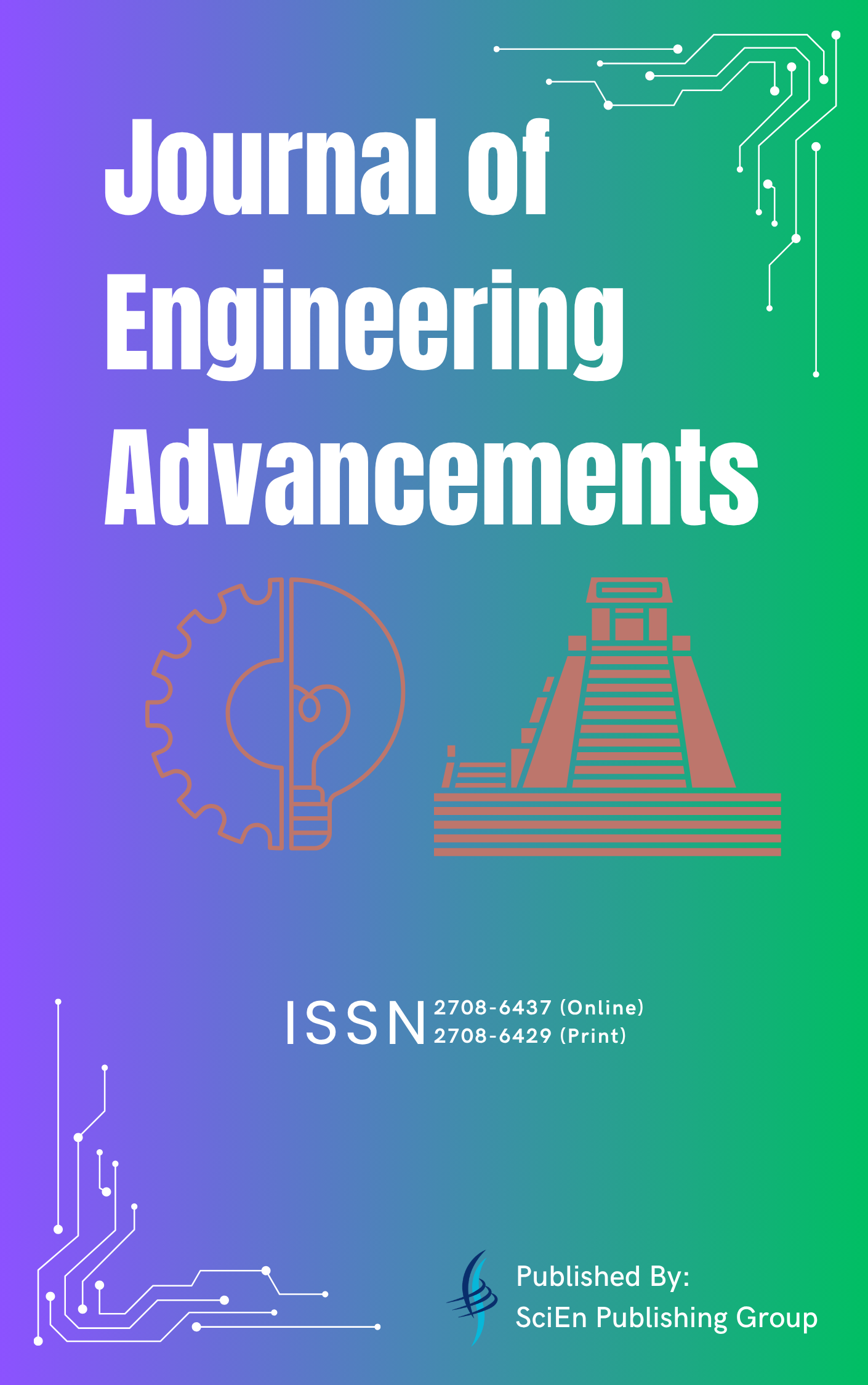Performance Investigation of a Cascade Type Solar Still for Water Desalination
DOI:
https://doi.org/10.38032/scse.2025.3.148Keywords:
Solar Still, Solar Desalination, Transparent Glass, Brackish Water, Distilled WaterAbstract
Solar still is one of the most economical and effective way of desalinating the abundant sea/brackish water into drinking water. Solar desalination system is producing clean water from brackish water in desert regions with limited electricity. The present study concerns experimentally with the performance of cascade type solar still. The literature suggests that the addition of inside and outside reflectors, absorber materials, and outside condensers can improve the basin type solar still's absorption, evaporation, and condensation processes. It has a made a cascade type solar water desalination system. Design device is solar based and more environment friendly. This device is applicable for desalination, purification. The experimental setup for this investigation was successfully finished utilizing PVC tubing, MS sheet, black oxide, transparent glass, and a wooden frame. The output is distilled water, with a maximum volume of 130–135 ml at 12 p.m. for 16-days period from April 3, 2024 to April 18, 2024. According to the plotted graph, the amount of distilled water increased from 11 a.m. to 2 p.m. during the course of these 16 days, ranging from 80–90 ml to 100–110 ml. A few drawbacks include realistic black coating that disrupts absorption and pipe leaks. Cascade type solar water desalination system is more useful but not at the top level. So increasing its performance it has become much more productive, less costly & environmental friendly other conventional solar desalination system.
Downloads
Downloads
Downloads
References
[1] E. Kabeel and M. S. Emad El Said, “A Hybrid Solar Desalination System of Air Humidification Dehumidification and Water Flashing Evaporation Part I. A Numerical Investigation,” Sixteen International Water Technology Conference, IWTC16, Istanbul, 7-10 May 2012.
[2] Badran, O. O. (2007) “Experimental study of the enhancement parameters on a single slope solar still productivity”. Desalination, Vol. 209, pp. 136–143
[3] El-Sebaii, A.A. Al-Ghamdi, A.A. Al-Hazmi, F.S. & Faidah, A.S. (2009). “Thermal performance of a single basin solar still with PCM as a storage medium”. Applied Energy, Vol. 86, pp. 1187–1195
[4] J.A. Esfahani, N. Rahbar, M. Lavvaf, Utilization of thermoelectric cooling in a portable active solar still - an experimental study on winter days, Desalination(2011),https://doi.org/10.1016/j.desal.2010.10.062
[5] https://pubs.rsc.org/en/content/articlepdf/2021/ee/d0ee03991h, Access on 6th June,2024
[6] https://idadesal.org/dynamic-growth-for-desalination-and-water-reuse-in-2019 Access on 6th June,2024
[7] https://www.deswater.com/DWT_articles/vol_171_papers/171_2019_93.pdf Access on 6th June,2024
[8] https://www.grandviewresearch.com/industry-analysis/water-desalination-equipment-market Access on 6th June,2024
[9] https://www.utwente.nl/en/et/ce/research/wem/education/msc-thesis/2019/antonyan.pdf Access on 6th June,2024
[10] K. S. Shukla and A. K. Rai, “Analytical thermal modeling of double slope solar still by using inner glass cover temperature,” Therm. Sci., vol. 12, no. 3, pp. 139–152, 2008
[11] Z.M .Omara, M.A. Eltawil, Hybrid of solar dish concentrator, new boiler and simple solar collector for brackish water desalination, Desalination 326 (2013) pp. 62–68
[12] Dunkle, R.V. (1961) Solar Water Distillation: The Roof Type Still and a Multiple Effect Diffusion Still. Proceedings of International Heat Transfer Conference, University of Colorado, Boulder, Colorado, Part V, 895-902.
[13] M.K. GAUR, G.N. TIWARI, (2010) “Heat transfer analysis of hybrid active solar still with water flowing over glass cover” Journal of Thermal Engineering, Vol. 7, No. 6, pp. 1329–134
Published
Conference Proceedings Volume
Section
License
Copyright (c) 2025 Adnan Jashim Sami, Sumon Roy, Mohammad Sultan Mahmud, Dipayan Mondal (Author)

This work is licensed under a Creative Commons Attribution 4.0 International License.
All the articles published by this journal are licensed under a Creative Commons Attribution 4.0 International License


